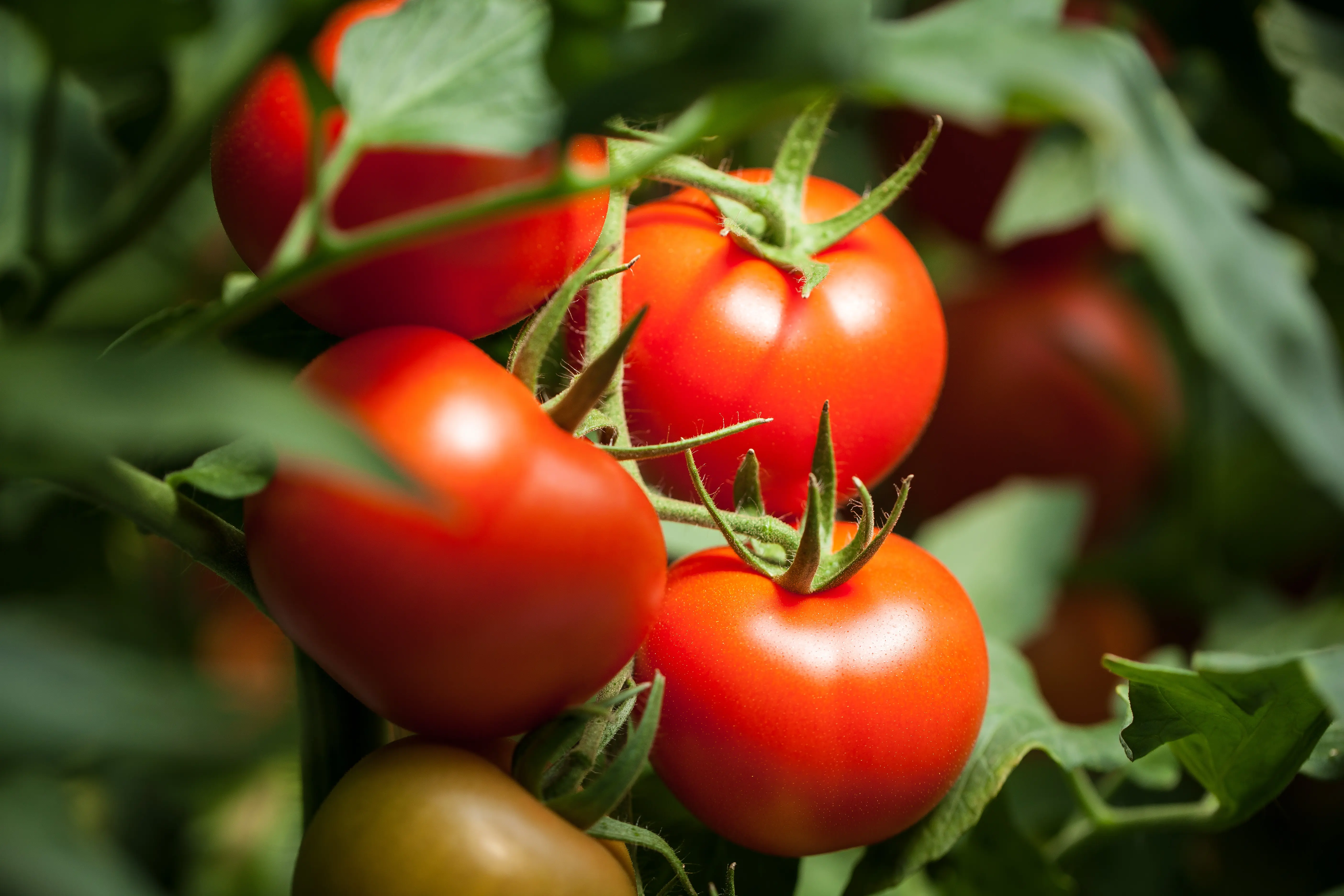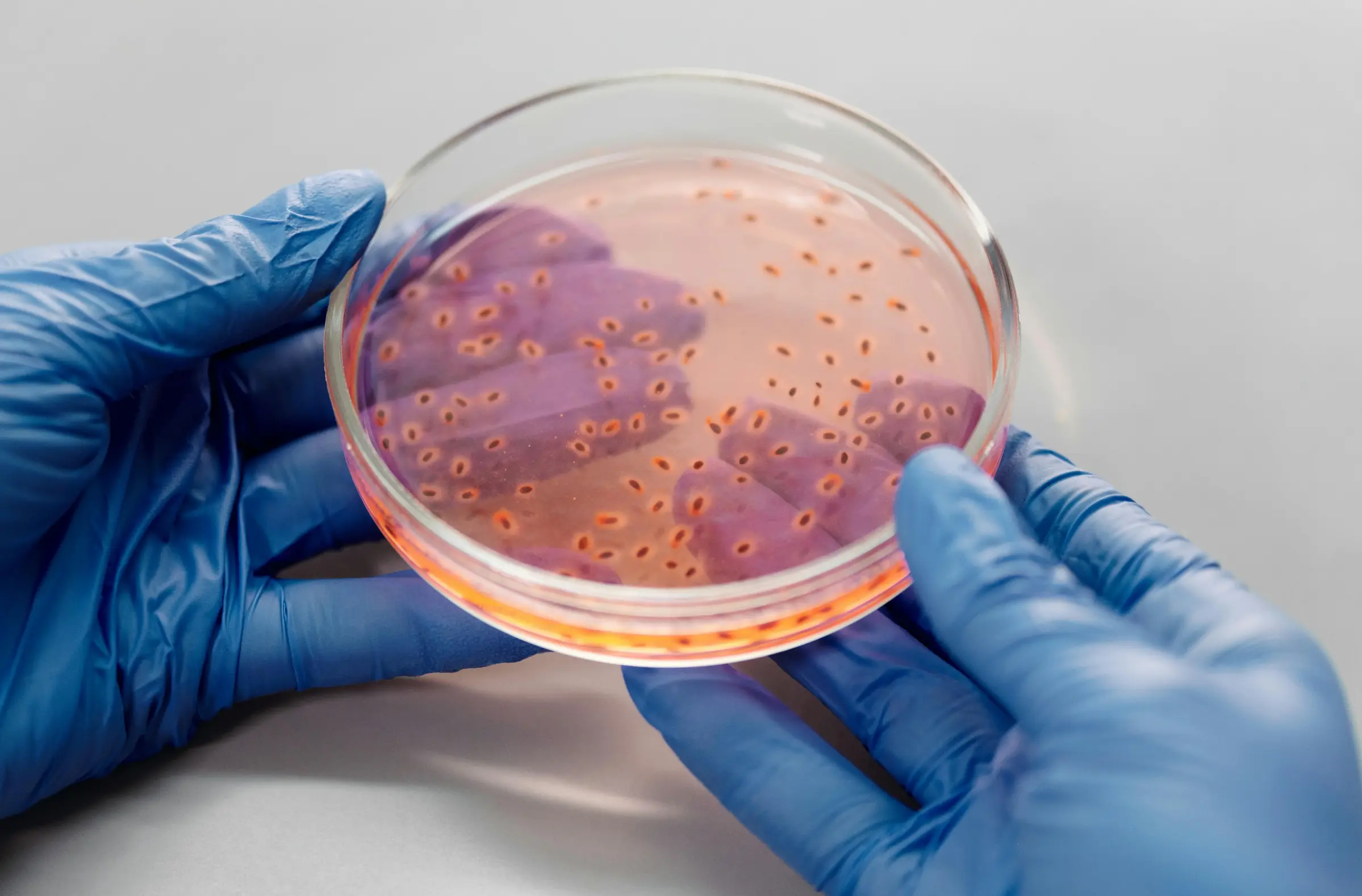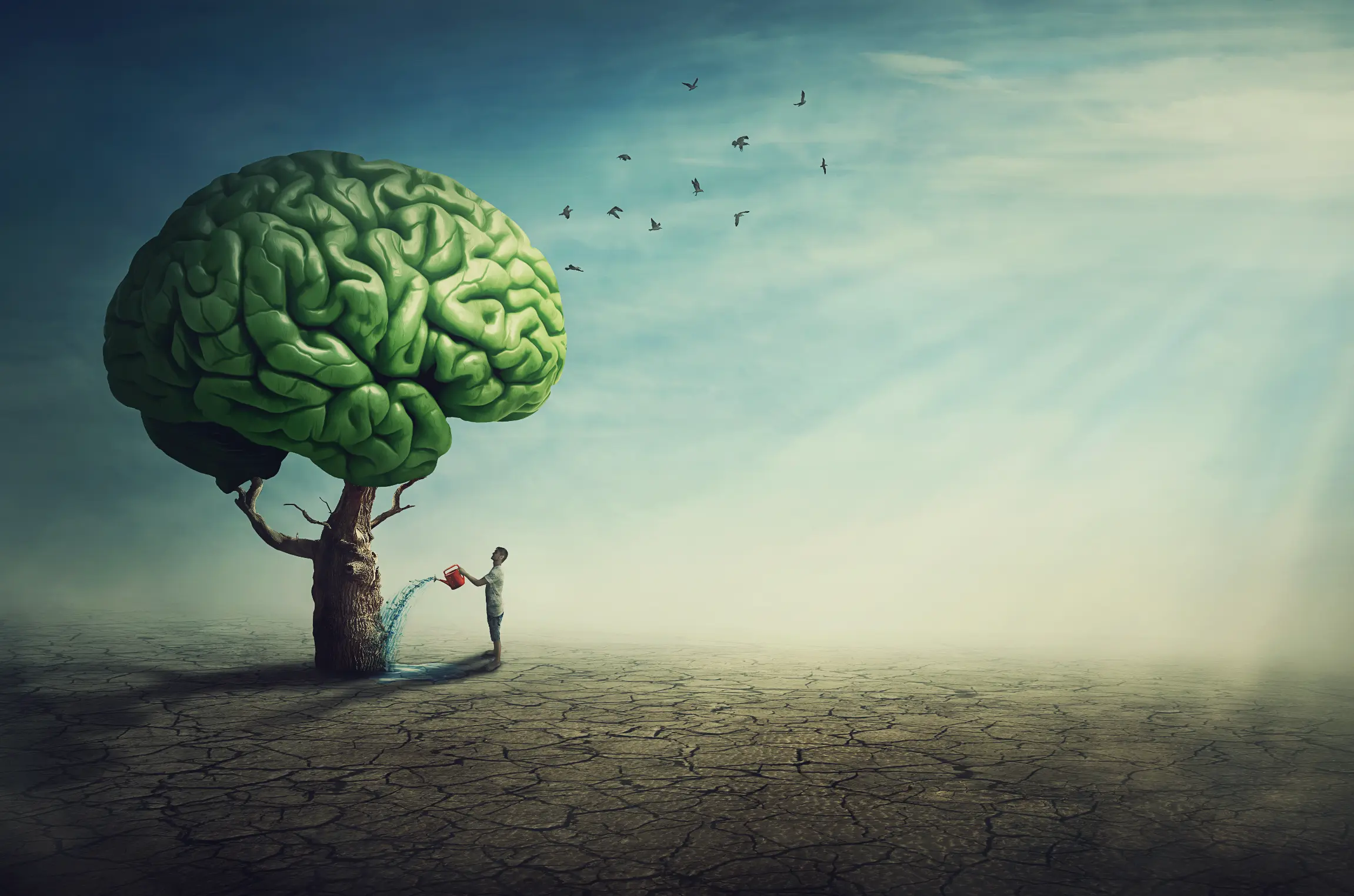Vitamin and mineral deficiencies in the Nordic countries in 2025 — what gaps do Swedes have?
Vitamin D, magnesium and iron — three substances Swedes often get too little of. Here are the most common vitamin and mineral deficiencies in the Nordic countries right now, and what you can do about them.

Introduction
Many people believe that a varied diet is enough to cover the nutritional needs of the body.
In reality, it looks different: Swedish studies show that many Swedes get too little of several vital vitamins and minerals.
Here we go through the most common deficiency topics, why they are important, what happens in the event of a shortage — and how much you actually need according to the Finnish Food Agency.
How common are nutritional deficiencies in Sweden?
According to the Swedish Food Agency's Riksmaten survey, many Swedes do not get enough of several key nutrients, even those who consider themselves eating “perfectly normal”.
This is especially true for women, the elderly, vegans and people with low energy intake. Deficiencies can be difficult to detect at first but risk affecting both performance and well-being in the long run.
Common deficiencies in the Nordic countries:
- Vitaminum D
- Magnesium
- Iron
- Selenium
- Folate
- Vitamin B12
1. Vitamin D — the sun's vitamin we lack
Why is Vitamin D Important?
Vitamin D is needed for the body to absorb calcium, build strong bones, and for the normal functioning of the immune system and muscles. Research shows that deficiency can increase the risk of infections, depressed mood and osteoporosis.
What happens in case of shortage?
Lack of vitamin D can lead to fatigue, muscle weakness, impaired immune system and poorer skeleton. Prolonged deficiency increases the risk of osteoporosis and depression.
How much to get in yourself?
According to the Swedish Food Agency, adults should consume at least 10 micrograms of vitamin D per day. People over 75 years of age, as well as certain risk groups, are recommended 20 micrograms per day. Many Swedes do not get up to this — especially in winter.
Vitamin D is recommended throughout the year to:
- People over 75
- People who do not get enough sunlight on their skin (e.g. if you are indoors a lot, wear full-coverage clothing, or have dark skin)
- People who do not eat fish or fortified products
2. Magnesium — the mineral for energy and recovery
Why is magnesium important?
Magnesium is needed for the proper functioning of nerves and muscles, for normal energy metabolism and to reduce fatigue and exhaustion. It also regulates blood pressure and is important for the bone structure.
What happens in case of shortage?
Low levels of magnesium can cause muscle cramps, numbness, fatigue, headaches and impaired recovery after exercise.
How much to get in yourself?
Women should get 280 mg per day and men 350 mg per day, according to the Finnish Food Agency. Unfortunately, many do not reach these levels.
3. Iron — especially important for women
Why is iron important?
Iron is essential for the body's oxygen transport, energy metabolism and for a functioning immune system. Especially women of childbearing age, vegans and athletes need to watch out.
What happens in case of shortage?
Iron deficiency leads to fatigue, pallor, headaches, impaired performance and, in the worst case, anemia (anemia). It can also negatively affect the immune system.
How much to get in yourself?
Women of childbearing age need 15 mg of iron per day, while men and older women can get by with 9 mg according to the Finnish Food Agency.
4. Selenium — The Antioxidant We Forgot
Why is selenium important?
Selenium acts as an antioxidant and protects cells from oxidative stress. It is also essential for a healthy thyroid and immune system.
What happens in case of shortage?
Lack of selenium increases the risk of impaired thyroid function, impaired immune system and can affect fertility and cardiovascular health in the long term.
How much to get in yourself?
Women should consume at least 50 micrograms per day, men 60 micrograms. Because Swedish soils are poor in selenium, many people get too little in themselves.
5. Folate & B12 — essential for cell formation
Folate
Why is folate important?
Folate, or vitamin B9, is necessary for cell division, DNA synthesis and normal blood formation. It is especially important for pregnant women and those who want to become pregnant.
What happens in case of shortage?
Folate deficiency can lead to anemia (anemia), fatigue, difficulty concentrating and, in pregnant women, the risk of birth defects increases.
How much to get in yourself?
All adults should consume 300 micrograms of folate per day. Deficiency is common in low consumption of green vegetables.
B12
Why is B12 important?
Vitamin B12 is needed for normal blood formation, cell division and the functioning of the nervous system. B12 deficiency can develop insidiously, especially in vegans, the elderly and people with impaired uptake.
What happens in case of shortage?
Lack of B12 causes fatigue, anemia, tingling/numbness, and memory or concentration problems. Untreated deficiency can cause nerve damage in the long run.
How much to get in yourself?
The Food Administration recommends at least 2 micrograms of B12 per day for adults.
Relivo: a complete and nutritional solution
Relivo is a complete nutritional powder that contains 38 carefully balanced nutrients — including vitamin D, magnesium, selenium, iron, folate and B12.
All in one scoop per day.
The powder format makes it easier for your body to absorb the nutrient — and easier for you to remember to actually take it.
FAQs
Can I overdose on vitamins?
Yes — but this applies primarily to fat-soluble vitamins such as A and D. Choose supplements with doses adapted to the recommended daily intake. Relivo is safely within the limits.
Does this also apply to children and young people?
Children have other needs. The article applies to adults — mainly women, active and elderly.
Summary
Nutritional deficiencies are more common than we think and often difficult to detect.
By understanding your body's needs, choosing food wisely and adding smart nutrition to your everyday life, you build a solid foundation for energy, focus and long-term balance.
References
- Food Administration. Riksadulten 2010—11: Food and nutritional intake among adults in Sweden.https://www.livsmedelsverket.se
- Nordic Council of Ministers. Nordic Nutrition Recommendations 2023 (NNR2023).https://www.norden.org/en/publication/nordic-nutrition-recommendations-2023
- Cashman K.D. “et al. Vitamin D deficiency in Europe: pandemic? Am J Clin Nutr. 2016; 103 (4) :1033—44. doi:10.3945/ajcn.115.120873
- EFSA Panel on Dietetic Products, Nutrition and Allergies (NDA). Scientific Opinion on Dietary Reference Values for Magnesium. The EFSA Journal. 2015; 13 (7) :4186.
- Hallberg L “et al. Absorption de ferro de Diets de Southeast Asia y la effetto de fortificación de ferro. Am J Clin Nutr.2000; 71 (2) :590—7.
- Fairweather-Tait SJ “et al. Selenium in human health and disease. Antioxide Redox Signal. 2011; 14 (7) :1337—83. doi:10.1089/ars.2010.3275
- Allen LH. Causes of vitamin B12 and folate deficiency. Food Nutr Bull. 2008; 29 (2 Suppl) :S20—34.
- Wessling-Resnick M. Iron, oxidative stress, and disease risk. Nutr Rev. 2010; 68 (5) :253—8.
- Institute of Medicine. Dietary Reference Intakes for Calcium, Phosphorus, Magnesium, Vitamin D, and Fluoride. Washington (D.C.): National Academies Press; 1997.




.jpg)




